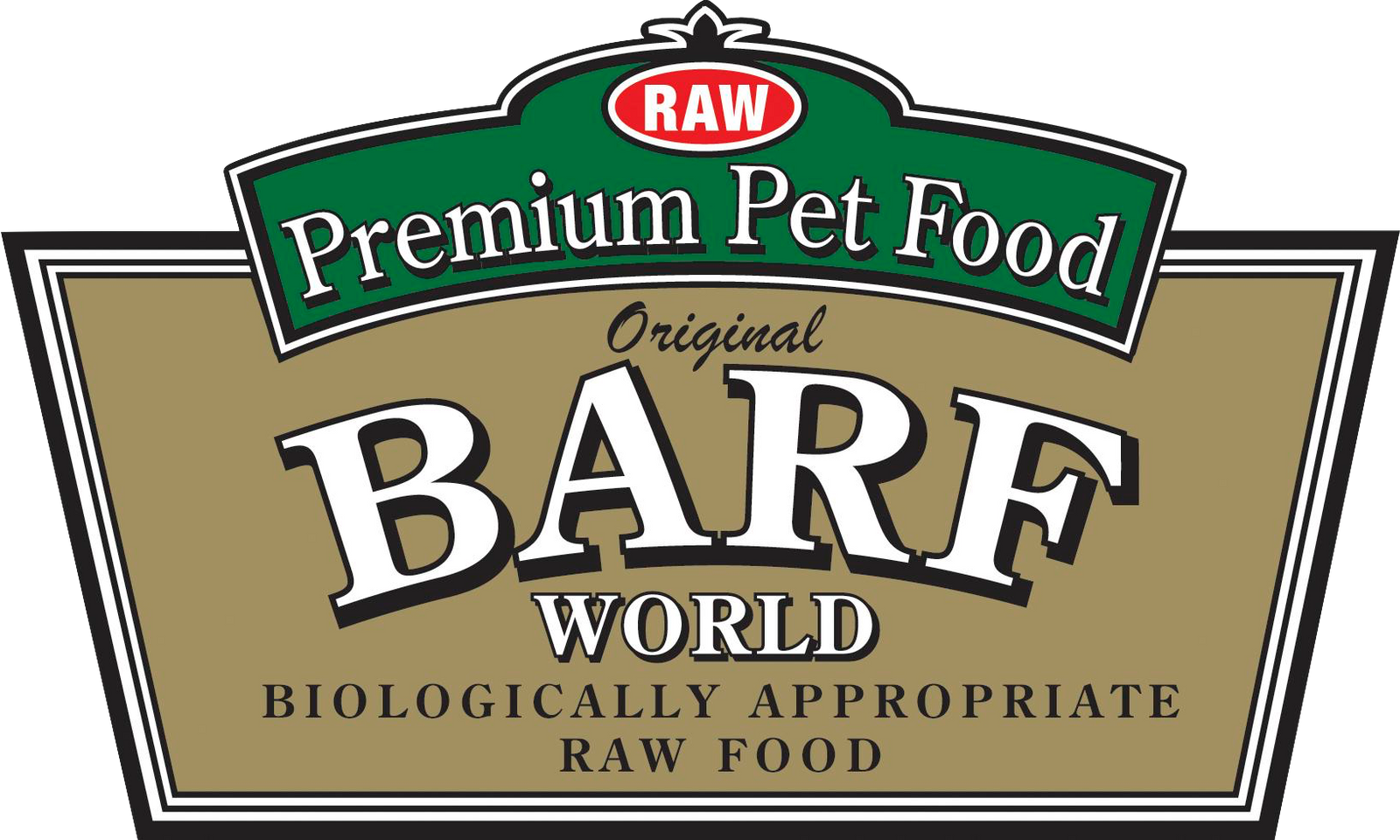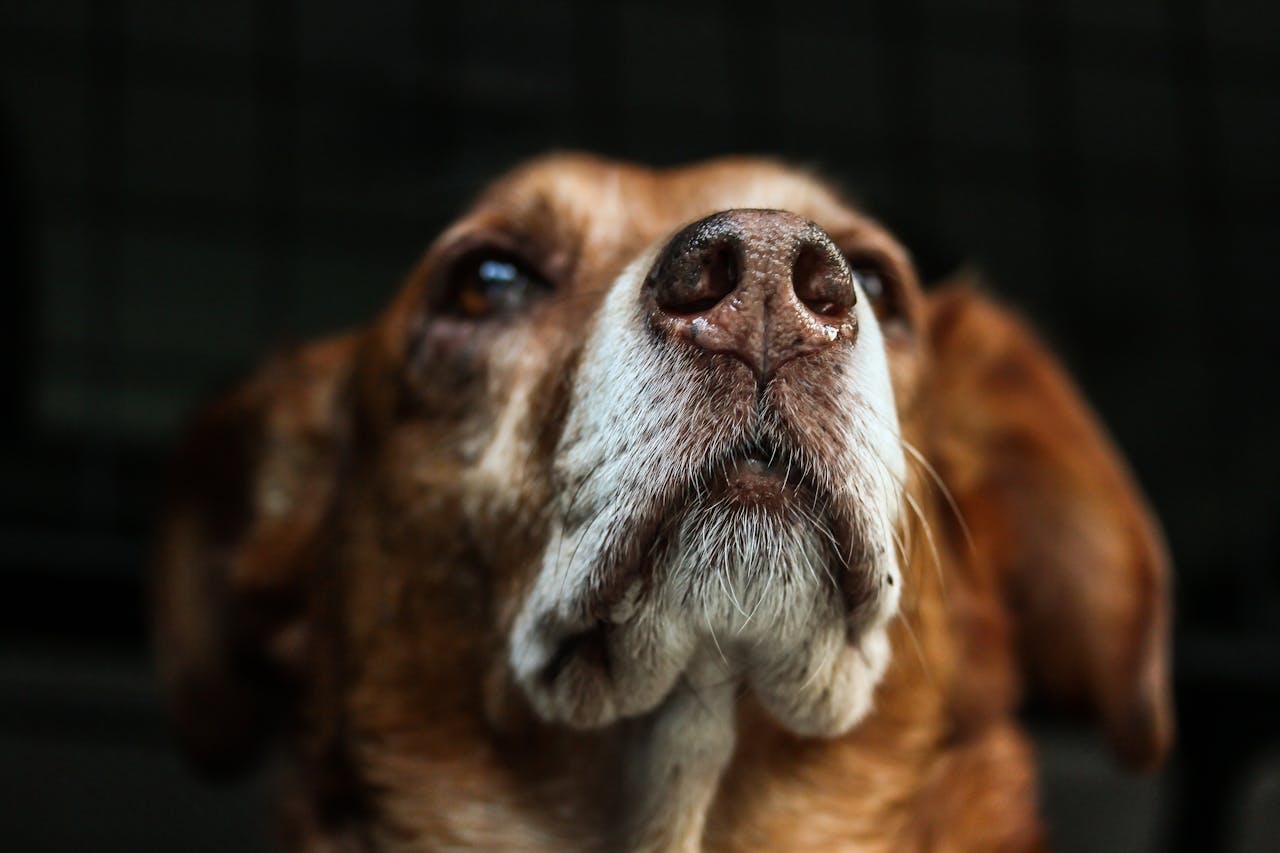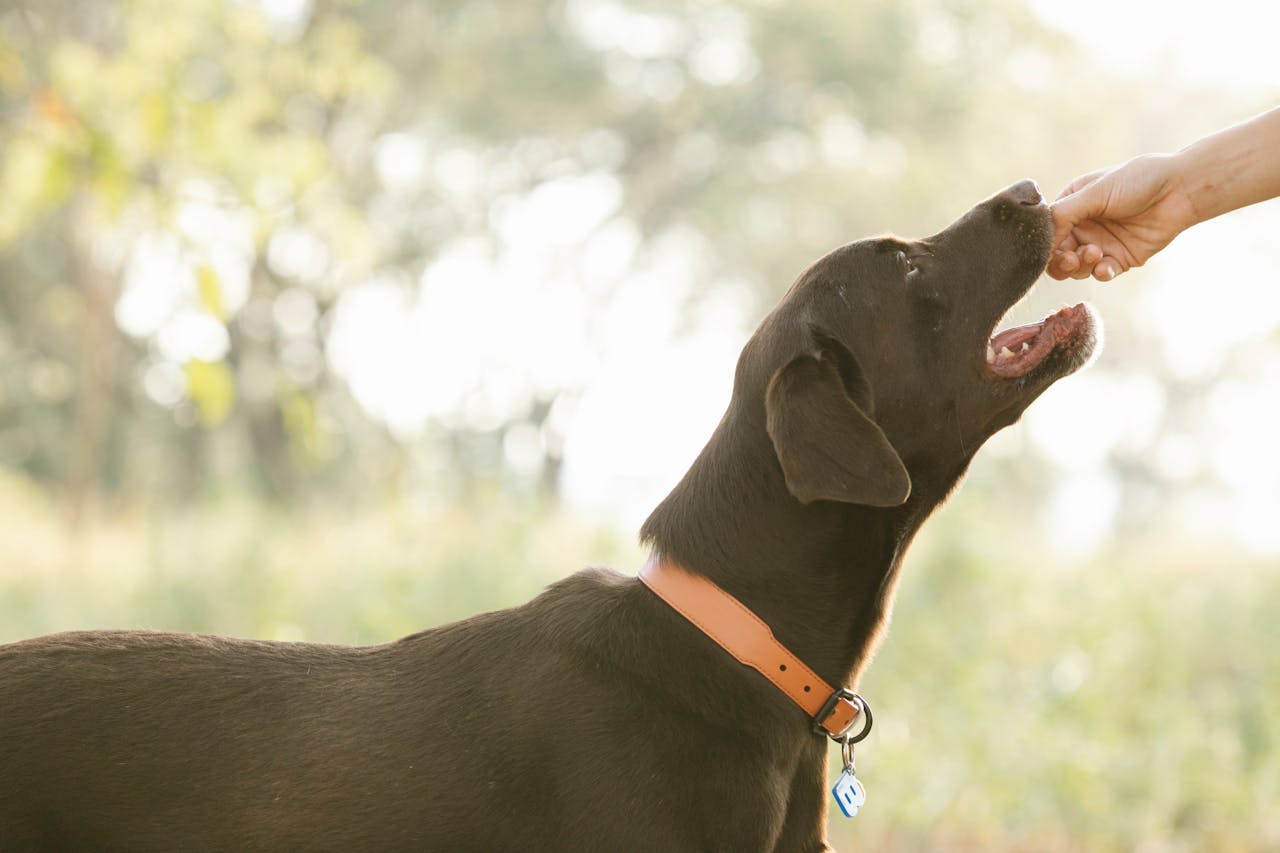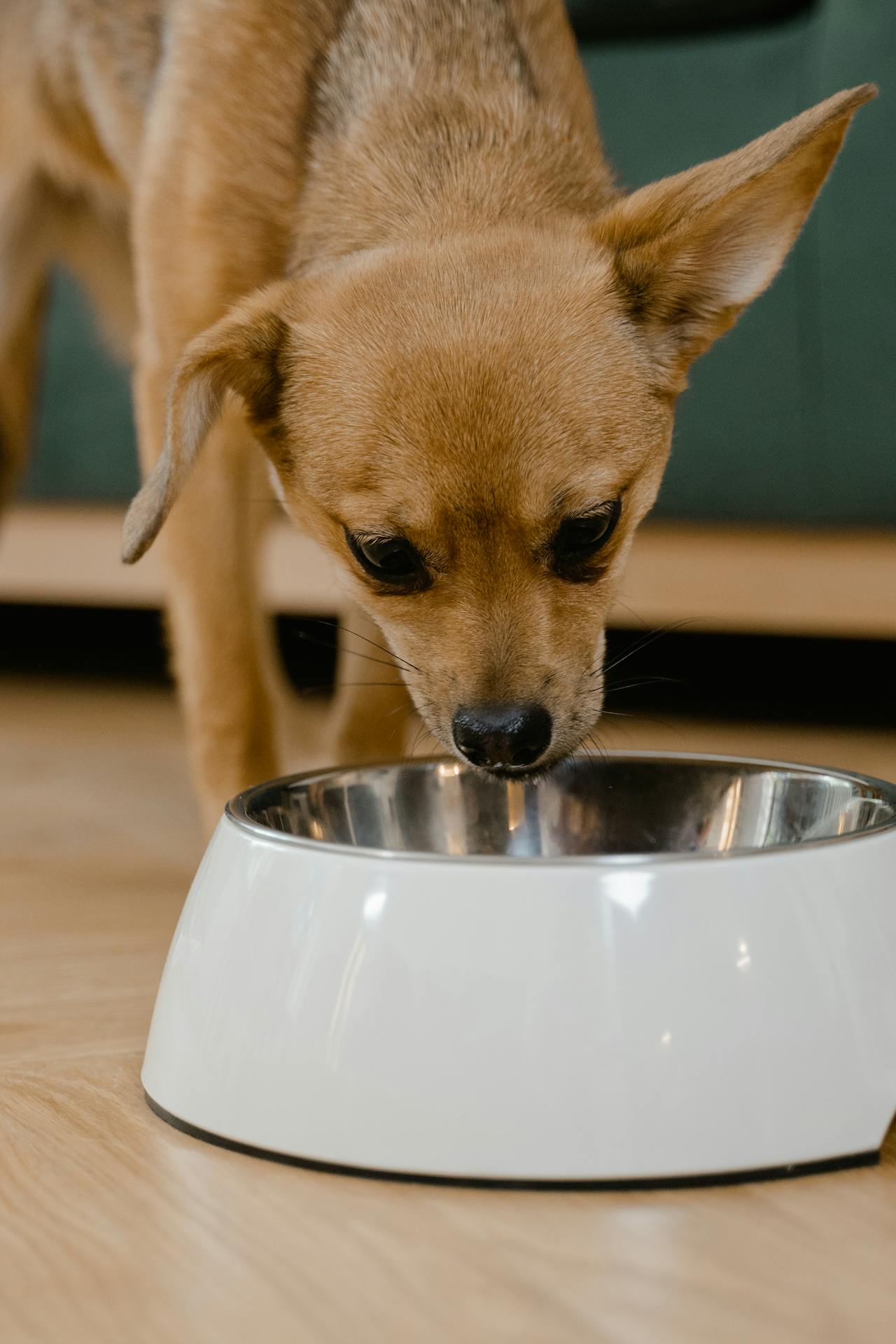If your kids have just gone off to college, then empty nest syndrome is on the horizon. You know you’ll miss them terribly and that you’ll feel a bit low, but have you thought about how your dog will feel?
Think about it.
When your kids leave the family home, your dog has probably been part of the family for about 10 years (depending on how old your kids were when you finally caved in and allowed them to have a pet). That’s 10 years of getting used to a certain routine, where the kids walk the dog, play with it and generally reinforce its sense of belonging.
Why do dog's protect you?
From the dog’s point of view, all of the humans belong to him. They are part of his dog-tribe – and you’d better not forget it! That’s why dogs protect you from strangers (and probably also why they chew your slippers – no sense of boundaries). All of this means that dogs also feel low when a member of their tribe disappears, seemingly without trace. And even when it’s a case of kids going back to school, dogs can find the change in routine upsetting.
What's wrong with my dog?
Dogs with the back to school blues tend to show it in one of two ways. Some dogs get lethargic, eat less or lose their appetite, just as some humans do when they get depressed. They may drag themselves around the house looking for the missing kids. If the dog has been used to sleeping in a kid’s bedroom, he may whine or bark if he’s suddenly sleeping alone and may pace up and down.
Then there are the more active signs of depression. Dogs destroying furniture, scratching at doors, tugging at curtains and blinds, chewing stuff they’re supposed to leave alone and getting into the garbage can may all be signs of doggy depression. And let’s not forget that dogs are extremely empathetic. Ever noticed how your dog will come and lick your hand or lie at your feet when you’re feeling low? If family members are feeling sad because the house is empty, dogs will pick up on that too.





